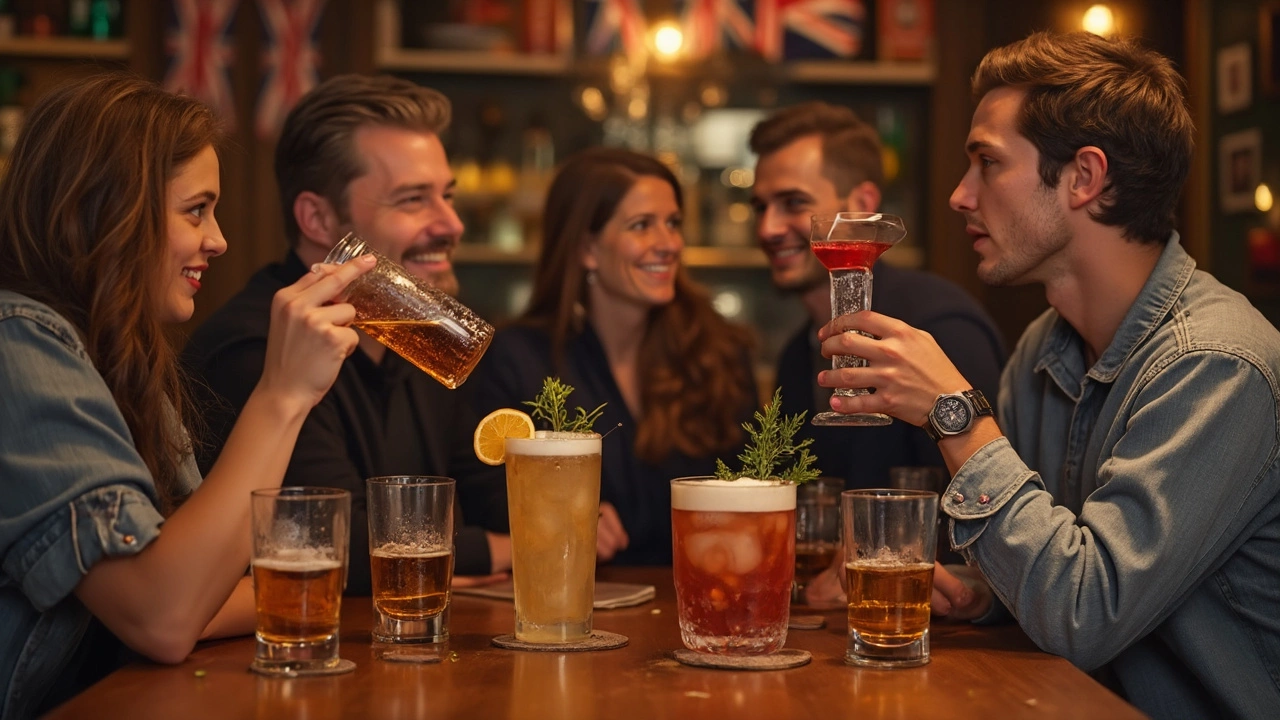Alcohol Absorption: What Happens When You Drink
Ever wonder why one night you feel tipsy after a single glass while another night a whole bottle seems harmless? It all comes down to how quickly your body absorbs alcohol. When you take a sip, the liquid travels straight to your stomach and then into your small intestine, where most of the alcohol enters your bloodstream. From there, it spreads to every organ, including your brain, and you start to feel the effects.
Where Alcohol Is Absorbed
The stomach is the first stop, but it only absorbs about 20% of the alcohol you drink. The rest moves into the small intestine, which is lined with tiny blood vessels that soak up the alcohol fast. That’s why drinking on an empty stomach can make the buzz hit quicker – there’s less food to slow the flow.
Food, especially fatty or protein‑rich meals, acts like a sponge. It absorbs some of the alcohol and keeps it in the stomach longer, giving your liver more time to break it down. Carbonated drinks also speed things up because the bubbles push the alcohol into your intestines faster. So a fizzy beer will generally raise your blood alcohol level quicker than the same amount of still wine.
Ways to Slow Down Absorption
Want to keep the high from sneaking up on you? Start with a solid snack before you drink. A handful of nuts, cheese, or a piece of toast creates a barrier that slows the alcohol’s journey. Staying hydrated helps, too. Water dilutes the alcohol in your stomach and eases the load on your liver.
Another easy trick is to sip slowly. Give your body a chance to process the alcohol you’ve already taken before adding more. Avoid drinking on a full stomach of sweets or soda – they can actually speed up absorption. If you’re mixing drinks, keep the alcohol concentration low. A cocktail with lots of juice or soda will hit you slower than a straight shot.
Remember that gender, weight, and genetics play roles, too. Women usually feel the effects sooner because they have less water in their bodies to dilute the alcohol. Heavier people often process alcohol a bit slower, but the difference isn’t huge if they’re drinking the same amount.
Knowing how absorption works lets you make smarter choices. If you plan to drive, give yourself at least an hour per drink, eat a balanced meal, and stick to low‑proof drinks. If you’re just looking to enjoy a night out, pacing yourself and staying hydrated can keep the fun from turning into a headache.
The bottom line: alcohol hits fast when your stomach is empty, you’re drinking carbonated drinks, or you’re sipping quickly. Slow it down with food, water, and a relaxed pace, and you’ll have a more controlled, enjoyable experience. Cheers to feeling good and staying safe!
Wondering which drink will get you tipsy the quickest? This article breaks down what actually happens in your body when you drink different kinds of alcohol, why some drinks hit harder and faster, and how things like mixers, carbonation, and drinking speed play a role. Learn how spirits, beers, and cocktails stack up and what you can do to enjoy drinks safely. Get no-nonsense facts and simple answers for your next night out or tasting event.
View Details

